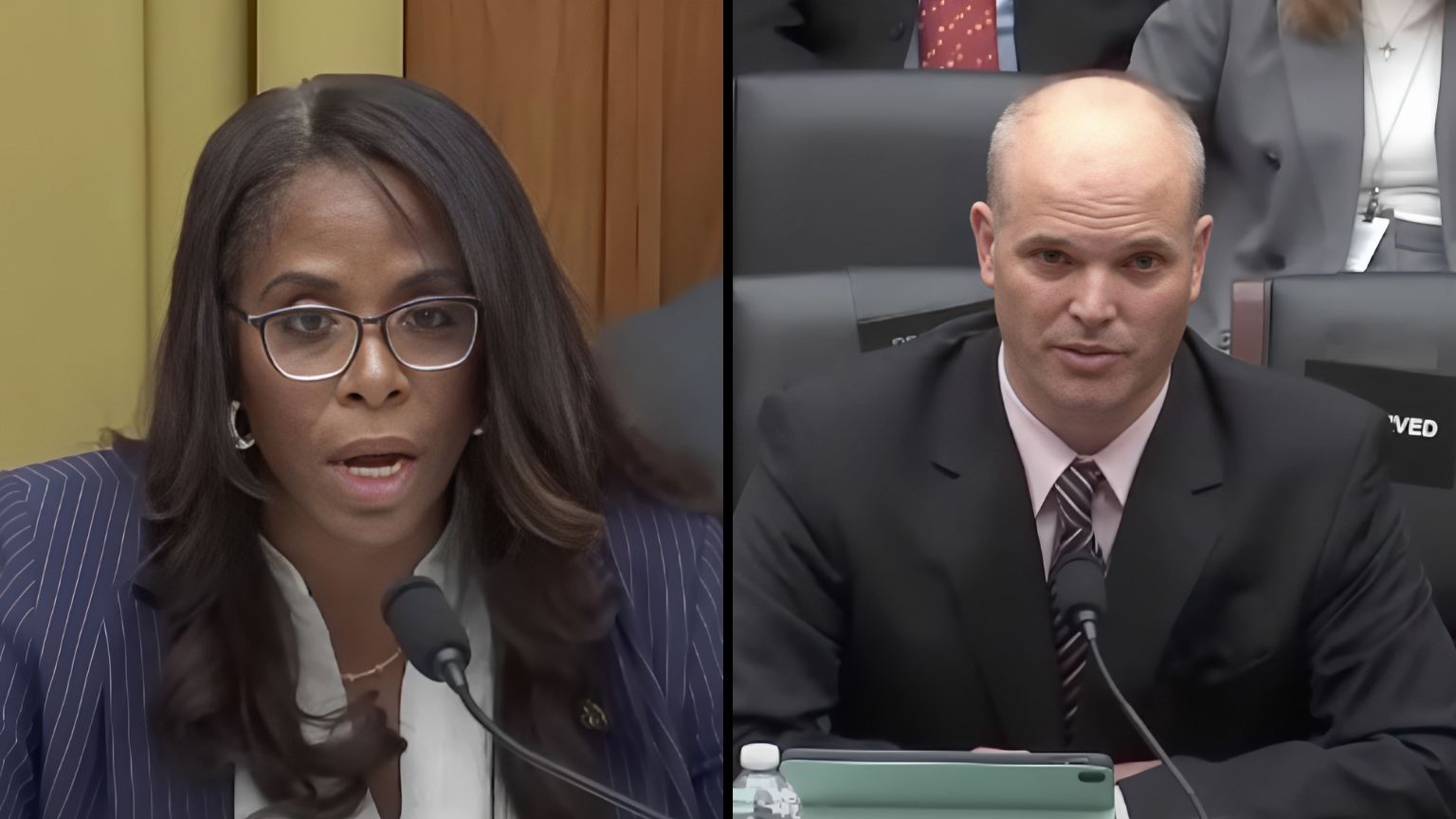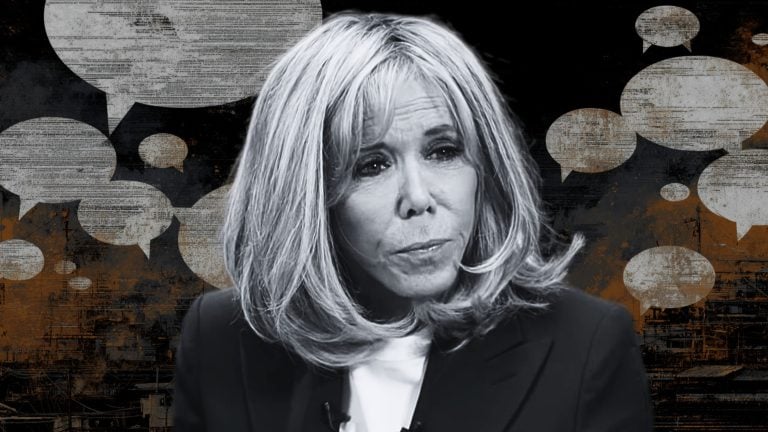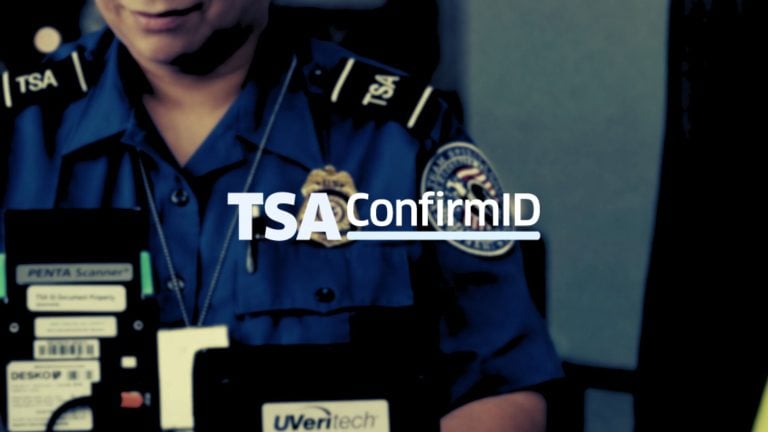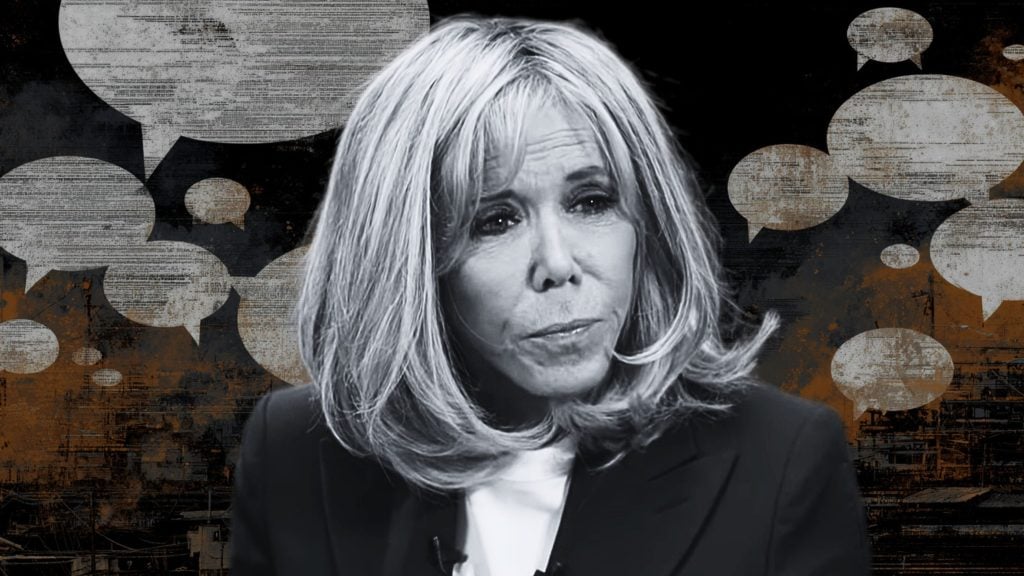Rep. Stacey Plaskett, the Democratic delegate representing the Virgin Islands in the US Congress, has intensified her attack on independent journalist Matt Taibbi.
Previously, during a House Judiciary Select Subcommittee hearing on the Federal Government’s Weaponization, Plaskett had dismissed Taibbi and Michael Shellenberger as “so-called journalists” and attempted to discredit their testimony on government pressure influencing speech restrictions on Twitter.
Plaskett sent a letter to Taibbi accusing him of perjury and hinting at a potential five-year imprisonment sentence. The letter was obtained by investigative journalist Lee Fang. In the letter, Plaskett highlights that giving false testimony to Congress carries a penalty of up to five years in prison.
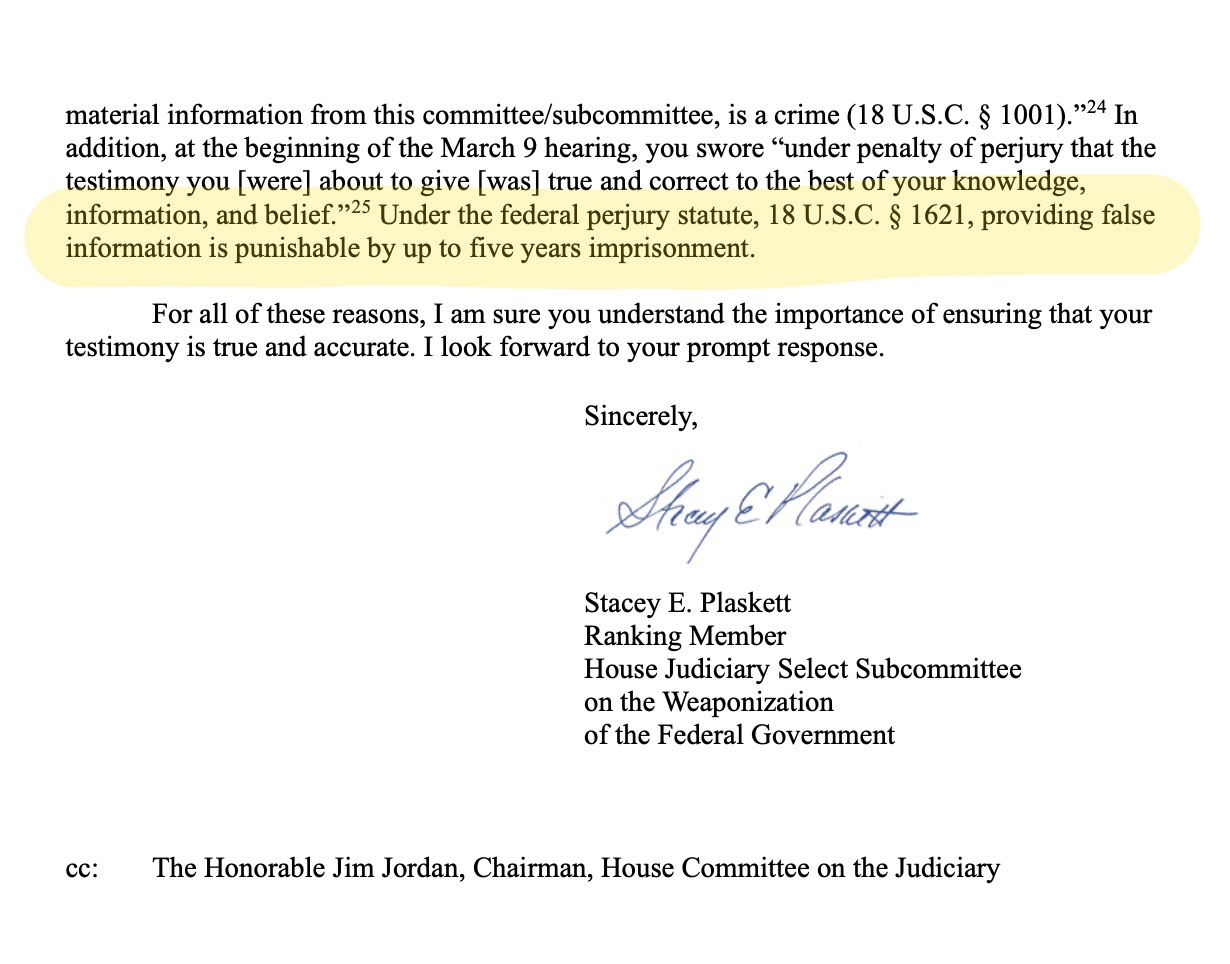
The basis for Plaskett’s perjury accusation lies in several alleged errors Taibbi made during the publication of the Twitter Files. These alleged inaccuracies were brought to light by MSNBC’s Mehdi Hasan, who criticized Taibbi during an interview and used them to claim that the entire Twitter Files project was fundamentally flawed.
While Taibbi did make a mistake, such as confusing the Cybersecurity and Infrastructure Security Agency (CISA), a federal government entity, with the Center for Internet Security (CIS), a nonprofit organization, Hasan failed to explain how this error invalidated the basis of the Twitter Files revelations.
Taibbi acknowledged the honest mistake in a tweet, pointing out that both organizations were part of the Election Integrity Partnership, a Stanford University initiative aimed at monitoring election-related social media discourse.
Nevertheless, Plaskett’s claim that Taibbi intentionally made the error and committed perjury is unfounded. “Taibbi has admitted mistaking CIS for CISA in a single tweet in one of his many threads, but his testimony to Congress was entirely different,” Fang wrote.
“Hasan deceptively conflated this quickly corrected tweet with Taibbi’s testimony.”
Fang went on to say, “…the evidence shows that Taibbi’s congressional remarks were correct. CIS and CISA collaborated with EIP on moderation requests, with both organizations directly appealing to Twitter for censorship, making Taibbi’s overall point and particular argument completely accurate.”
Fang has written more about this here.
Plaskett alleges that the mistake in confusing CISA and CIS was “intentional,” attempting to undermine the idea that the government is stifling speech, while, at the same time, threatening a journalist with imprisonment, effectively weaponizing her power against a member of the free press.

